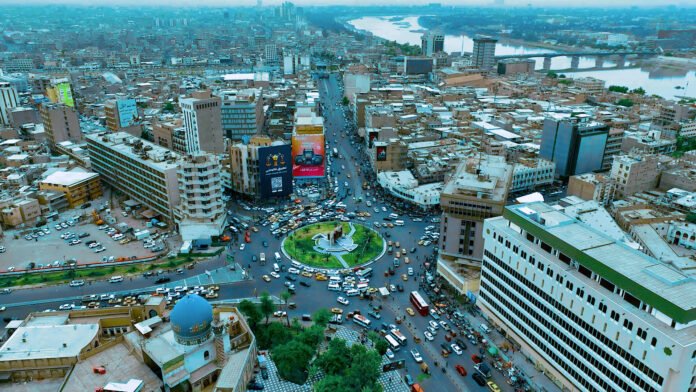Iraq’s inflation rate showed a minor upward movement in September 2025, signaling a brief pause in the country’s recent trend of price stability. According to the Ministry of Planning, Iraq’s inflation rate climbed by 0.2 percent compared to the previous month.
Officials noted that this small rise reflected the impact of higher food and fuel prices, along with increased transportation costs. However, they emphasized that Iraq’s inflation rate remains under control compared to previous years.
The Planning Ministry’s spokesperson explained that while monthly inflation increased slightly, annual inflation dropped by 0.3 percent compared to September 2024. This indicates that despite short-term fluctuations, the overall price trend continues to improve.
Moreover, the Central Bank of Iraq highlighted a steady decline in inflation throughout 2025. In August, the Bank reported that the rate fell to 0.8 percent in the second half of the year. This was a sharp decline from 3.3 percent recorded in the same period of 2024.
Economists believe that the Central Bank’s monetary measures helped stabilize the market. The institution’s focus on controlling money supply and maintaining exchange rate stability played a crucial role. As a result, consumer confidence improved, and local businesses experienced relief from earlier cost pressures.
Furthermore, the Ministry of Planning noted that the September increase came after months of steady decline. Still, experts view the slight rise as temporary. They argue that Iraq’s growing trade activity and gradual recovery in the energy sector will help absorb the effects of rising prices.
According to a report by the International Monetary Fund (IMF) released in April, Iraq’s inflation rate is expected to remain moderate in 2025. The IMF forecast aligns with the Central Bank’s projections, showing that Iraq’s economy is moving toward gradual stability.
In addition, analysts suggest that continued government spending on development projects could ease inflationary pressure. Investments in infrastructure and the private sector are likely to strengthen production and reduce import dependency.
Overall, Iraq’s financial indicators remain positive despite the slight increase. The country’s fiscal policies, currency stability, and energy exports continue to support its broader economic recovery.
With careful management and ongoing reforms, Iraq aims to maintain stability while sustaining growth. While September saw a small rise, Iraq’s inflation rate remains within a safe and manageable range, reflecting the resilience of the national economy.


